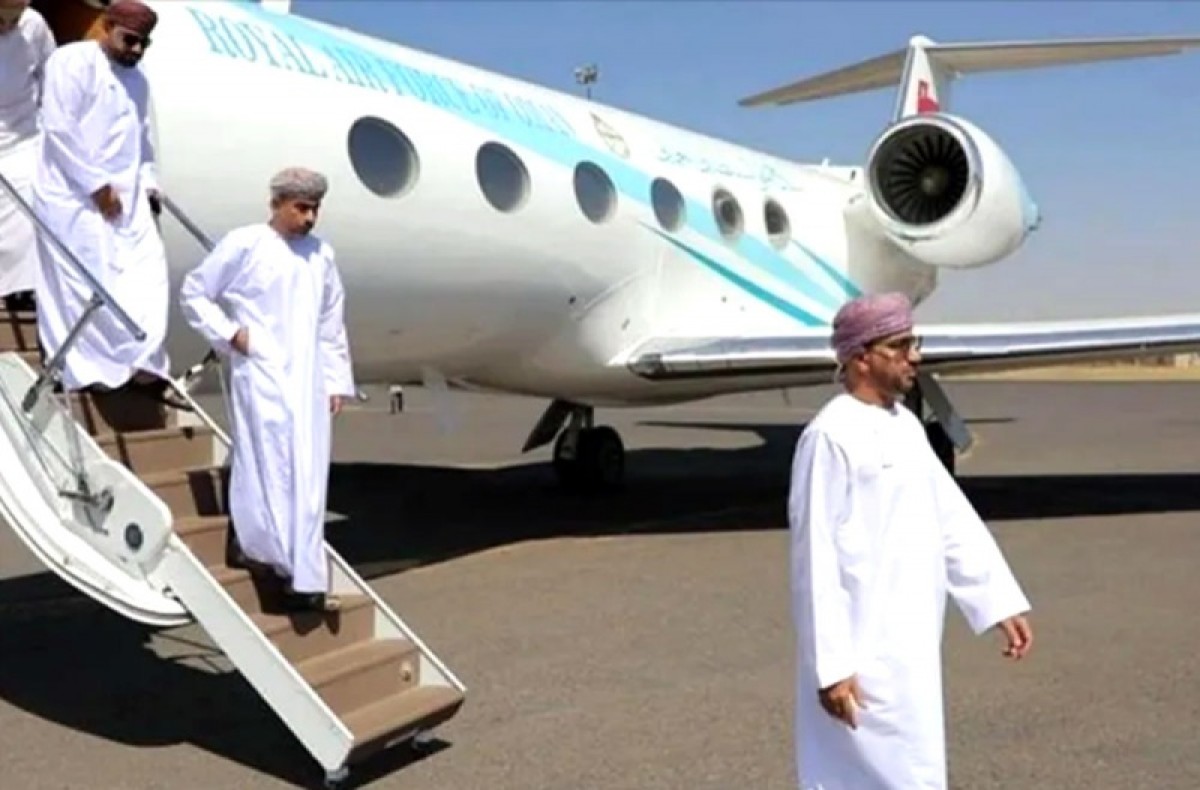International newspaper: Omani mediation leads a Houthi delegation to Riyadh


On Thursday, a delegation from the Houthis who control the capital, Sanaa, and other regions in Yemen began a rare visit to Saudi Arabia, in a move that shows the success of the Omani mediation in bringing the two parties closer together.
This visit came a few days after the meeting in Muscat between Sultan Haitham bin Tariq, Sultan of Oman, and Saudi Crown Prince Mohammed bin Salman. Observers considered that the meeting carried a Saudi signal of support for Oman’s efforts to move the settlement path in Yemen.
A Yemeni government official familiar with the content of the talks between Saudi Arabia and the Houthis said, “There are preparations for a Houthi delegation to move to Riyadh within the next 72 hours.”
He added that the purpose of the visit is “to hold a round of negotiations with Saudi Arabia and reach a final agreement on the details of the humanitarian and economic files.”
He continued that the talks focus on the issue of paying the salaries of employees of the Houthi government, which is not internationally recognized, through the authority, which is a sticking point, and the launch of new destinations from Sanaa Airport, which remained closed for years before the coalition last year allowed its airspace to be opened for planes to Jordan and Egypt.
Observers say that Saudi Arabia does not hide from the various regional and international mediators its desire to reach a final settlement, and that it does not care about the details, noting that the issue of salaries and the airport are small procedural issues that are easy to bypass. Even if the Saudi-backed government objects to this, Riyadh is working to convince its allies that the solution must be urgent and everyone must make concessions.
It was noteworthy to the Yemenis that the visit of the Saudi Crown Prince to Amman began hours after a meeting held by Saudi Defense Minister Prince Khalid bin Salman with the Chairman of the Yemeni Presidential Leadership Council, Rashad Al-Alimi, and it was remarkably dominated by the issue of the political settlement in Yemen.
Prince Khaled said on the “X” platform, “We reviewed the fraternal relations between our two countries and discussed the latest developments in the situation in Yemen,” stressing the Kingdom’s continued “support of the Yemeni Presidential Leadership Council, and its constant keenness to support all efforts to reach a comprehensive political solution to the Yemeni crisis.”
Political Bureau member Ali Al-Qahum, the Houthis’ highest political authority, wrote on the “X” platform that the Houthi delegation will leave Sanaa “on an Omani plane to the Kingdom of Saudi Arabia to complete the previous meetings that took place in Muscat more than once with the Saudi delegation.”
He added, “Optimism exists and still exists in the success of the mediation and the Omani efforts to achieve peace in Yemen.”
Oman plays the role of mediator in the conflict. The Houthi spokesman, Saba News Agency, reported on Thursday evening that an Omani delegation had arrived in Sanaa, accompanied by the official Houthi spokesman, Mohammed Abdul Salam, who resides in the Sultanate.
The visit of the Saudi delegation to Sanaa in April, and the recent rapprochement between Riyadh and Tehran, revived hopes for reaching a political solution to the bloody conflict in Yemen.
Majed Al-Madhaji, head of the Sanaa Center for Strategic Studies, said that the Houthi delegation’s visit to Saudi Arabia “is like moving the relationship between the Houthis and Saudi Arabia from the back rooms to the home hall, that is, legitimizing this relationship and giving it an additional impetus.”
He continued, "On the political level, it is an advanced step to end Saudi Arabia's direct role in Yemen and for the Houthis to acknowledge its role as a mediator," in addition to being one of the parties to the conflict.
The intensity of fighting in Yemen decreased significantly after the UN-brokered ceasefire that entered into force in April 2022, and it remains largely in place even after the agreement expired in October 2022.
But the humanitarian crisis in the poor country continues to worsen, with humanitarian aid declining due to lack of funding.
On Thursday, 98 international and local bodies, including United Nations organizations, called in a statement to increase funding to continue helping “more than 21.6 million people, or 75 percent of the population of Yemen.”
These authorities indicated that “17 million people suffer from food insecurity” in Yemen, and this number includes 6.1 million people who have already entered “a dangerous stage of food shortages and acute malnutrition.”